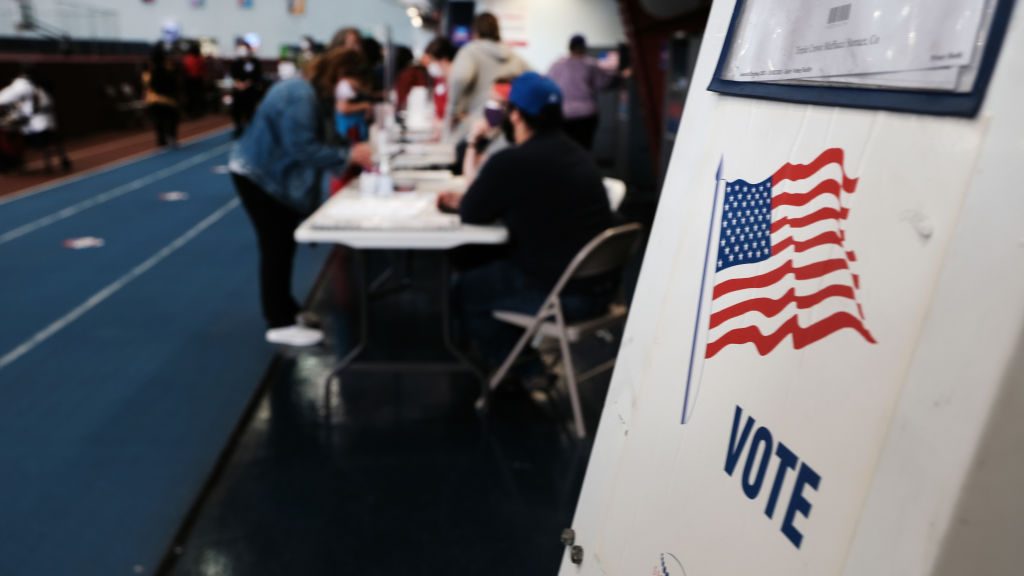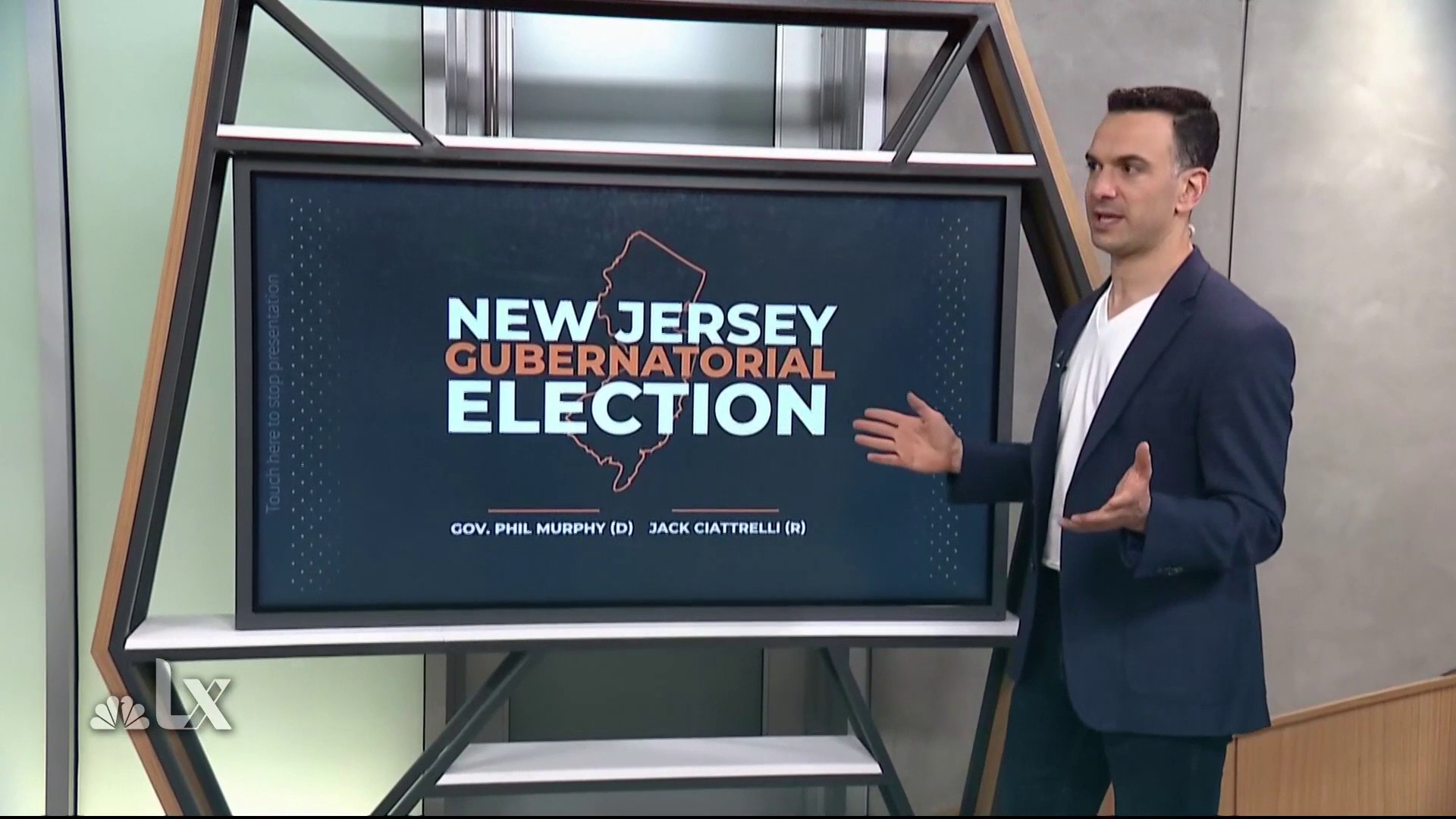Where New York and New Jersey Voters Stand on Ballot Questions
Along with selecting the next mayor of New York City and governor of New Jersey, registered voters in both states weighed in on a number of key ballot measures with implications ranging from redistricting to clean air and water, sports betting, nonprofit gambling and more.
Here are the preliminary results on statewide proposals in New York and New Jersey and what each of them means. (Note: There may be additional local proposals in specific municipalities. These are just the statewide ones.)
Track live election results for New York, New Jersey and Connecticut right here.
New Jersey only had two ballot proposals and the latest results showed the “no” votes leading on a question of whether to expand sports betting — which already is generally legal — to include college games that take place in the state or involve New Jersey colleges.
The Garden State’s second proposal would allow New Jersey organizations to use raffles, bingos and other games of chance to raise money for their own organization. Only veterans and senior citizen groups were allowed to use proceeds from those games to support their groups, but voters overwhelmingly agreed Tuesday to expand that to all organizations.
In New York, voters were deciding whether to make a pandemic voting policy permanent. The state constitution limits absentee voting to those who are ill, physically disabled or out of town on Election Day. But last year, then-Gov. Andrew Cuomo signed a temporary law allowing anyone to vote absentee rather than risk exposure to the coronavirus at polling sites. Nearly 2 million people cast absentee ballots in the November 2020 election— more than 20% of New York’s total votes.
The amendment would delete the constitutional limitations on absentee voting, bringing New York in line with two-thirds of states that already allow no-excuse absentee voting or automatically send mail-in ballots to voters.
Another New York amendment would repeal a constitutional requirement that voters register at least 10 days before an election. That would allow the Legislature to authorize registration on the same day as voting, which already is legal in 20 states.
“New York’s constitution has barriers that have prevented the state from bringing its elections up to date,” said Patrick Berry, a Democracy Program counsel at the Brennan Center for Justice. The ballot measures provide an “opportunity to break down those barriers,” he said.
A separate constitutional amendment could immediately affect New York’s process for redrawing voting districts for the U.S. House and state legislative chambers based on 2020 census data. A commission charged with recommending maps has splintered along partisan lines this fall. The ballot measure, among other things, would make it easier for the Democratic-led Legislature to pass new maps. The results are not yet clear with just over half of the ballots reported.
What the majority of New York voters have agreed on is the measure to create a right to “clean air and water” and “a healthful environment.” It marks a resurgence of an environmental movement dating to 1970, when Illinois adopted the first constitutional duty to maintain “a healthful environment.”
A Pennsylvania amendment approved the next year provided a specific right to “clean air” and “pure water.” Other states with environmental rights in their constitutions include Hawaii, Massachusetts, Montana and Rhode Island.



No comments